The Waterboys can visit any village, town or city in the world - at least in the English speaking part of it - and be assured of filling a small to medium-sized venue. But a stadium? U2 can do that hundreds of times over on any given tour. Not The Waterboys though.
Mike Scott stared fame in the face after the release of This is the Sea. He didn't exactly run away, but he refused to compromise anything. The Waterboys could very easily have been much bigger than they were, but Mike wouldn't lip-sync on Top of the Pops, nor anything else of that ilk. He couldn't fake the Big Music, not even to play the fame game.
Nor would he merely attempt to rewrite different versions of This is the Sea, until the record buying public got wise and bored, then drifted away. What might have been manna for the profit margins was poison for the muse.
Instead, Mike Scott (and most of The Waterboys) relocated to Dublin. They had much fun in the taverns of Temple Bar and fell in love with Irish folk music. Mike ended up moving to a quiet country village in the vicinity of Galway. It wasn't exactly conducive to wining and dining the movers and shakers, that might otherwise have ensured their mega-selling musical domination on a global stage.
While fans and critics alike expected more in the vein of This is the Sea, for The Waterboys' follow up album, instead we got Fisherman's Blues. Gone were the rock riffs, now it was all traditional Irish (and Scottish) music of the kind Mike Scott was jamming with in the bars of Galway.
Practically as one, confused music critics turned away in disappointed revulsion, bemoaning the waste of a talent that had brought us 'The Whole of the Moon'. Where was the Big Music? They asked, assuming that had something to do with intricately built up layers of violins, pianos, rhythm guitars interwoven in their streams, drums, dreams, trumpets, towers and tenements of expansive studio sound. Or whatever other hippy PR nonsense Mike Scott came out with, when he really meant that he had a multi-track recorder and knew how to use it. Was he ever going to go back to that Big Music thing?
But fans of the Waterboys, and those who had truly entered into the Shamanic journey of This is the Sea, smiled with misting eyes. We were hearing it.
The Big Music never required a whole orchestra playing it in order to be epic. By its very nature, it fills the skies, hearts and oceans, ringing the Earth, bouncing from stars, moon and sun. The God Pan carries only a tiny set of pan-pipes. Most of us play it silently, without any instruments at all.
Mike Scott had put his money where his mouth was and followed his muse.
The Waterboys switched from punk to rock, to Irish folk, to a raggle-taggle 'gypsy' sound, through many, many more incarnations along the way. Shedding fans at every turn, but gaining others, some of whom continued on the quest, loving the wild twists and turns, embracing the chaos. But most of all, delighting in the fact that whatever the genre, Mike Scott remained a consummate poet, and an adventurous, experimental, inherently talented musician.
During an interview to mark 25 years of This is the Sea, Mike was asked if he still heard the Big Music. He seemed so surprised to be asked that. It's ALL he's been doing for the last thirty years, what other options were there, once he'd beheld the sea?





















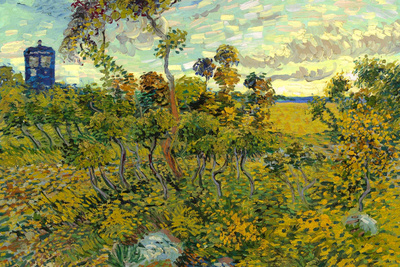






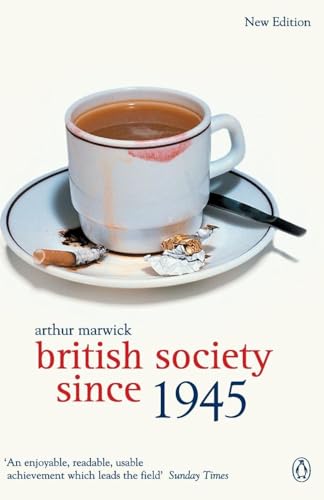

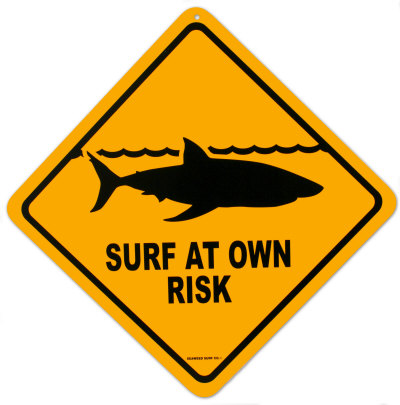

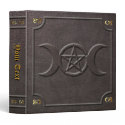
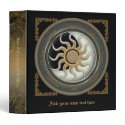













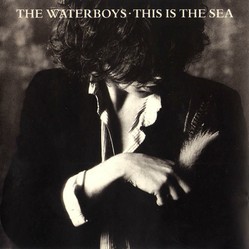

 St Tydecho's Churches in West Waleson 09/03/2014
St Tydecho's Churches in West Waleson 09/03/2014
 Goodies for an Outlander Premiere Partyon 03/06/2015
Goodies for an Outlander Premiere Partyon 03/06/2015
 Holocaust Memorial Day Interview with Rainer Höss, Grandson of Rudolf Architect of Auschwitzon 01/24/2015
Holocaust Memorial Day Interview with Rainer Höss, Grandson of Rudolf Architect of Auschwitzon 01/24/2015
 Romantic Valentine Gifts for an Outlander Fanon 01/16/2015
Romantic Valentine Gifts for an Outlander Fanon 01/16/2015

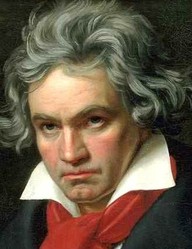

Comments
Thank you!
I ended up listening to Non-Stop Erotic Cabaret all afternoon. LOL
Sorry. Your earworm is entirely my fault. But at least it'll be an awesome one!
Ooooh! Soft Cell! I haven't heard them for years! I think I'll go and dig out some old CDs myself.
Did that the other day with Soft Cell and Erasure, Now I can't get either of them out of my silly head. Which is a great pity, because I would like to hear something other than Bedsitter and The Innocents.
Woot! Level up!
Awwww! It's horrible when you're in the mood to listen to something and its simply not there. To You Tube then!
Crowded House did provide us with Weather with You among several other eminently hummable tracks. Regrettably, unless they're in a crate I haven't yet looked in, both This is the Sea and Woodface are not in the current collection of CDs extant in the Chazer house. I'm wondering if they were lifted by a previous visitor to the flat before I moved up here. It's entirely possible.
Ember - Sounds exciting! :)
WriterArtist - Yes, I've seen the complete album on YouTube, plus all of the individual tracks too. I hope you enjoy it.
WordChazer - I can only think of one Crowded House song. Did they do the weather with you one? And did you find the Waterboys in the end?
I took awhile to come round to The Waterboys, but I adore The Whole of the Moon and really need to see whether my copy of the CD survived several house moves. My feelings about The Waterboys are akin to those about Crowded House. Where the stuff is THAT CD, come to think about it...
I haven't seen this album yet but the extensive reviews compels me to listen to them. In India these albums might not be so easily available but I think I can try listening to the tracks on YouTube.